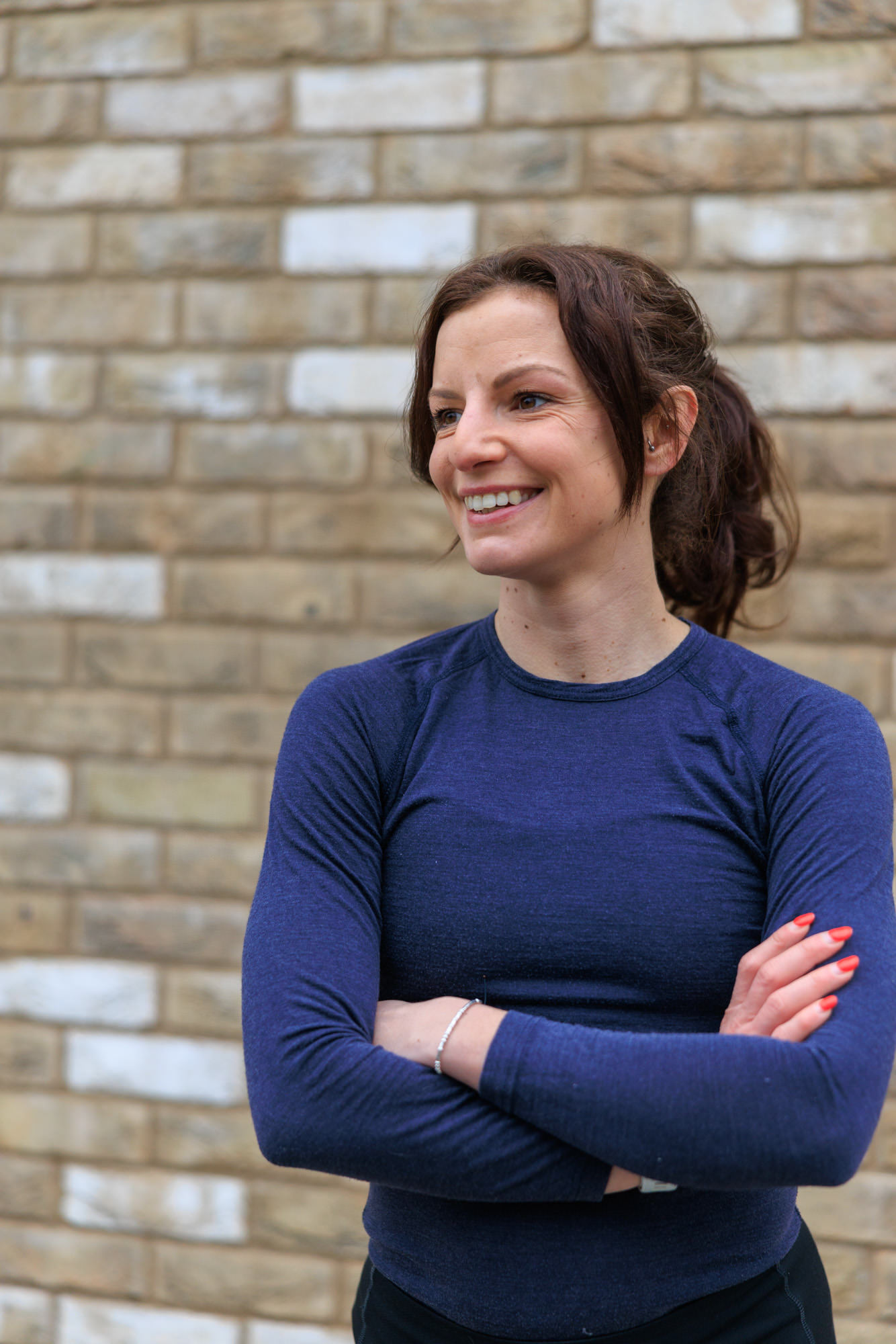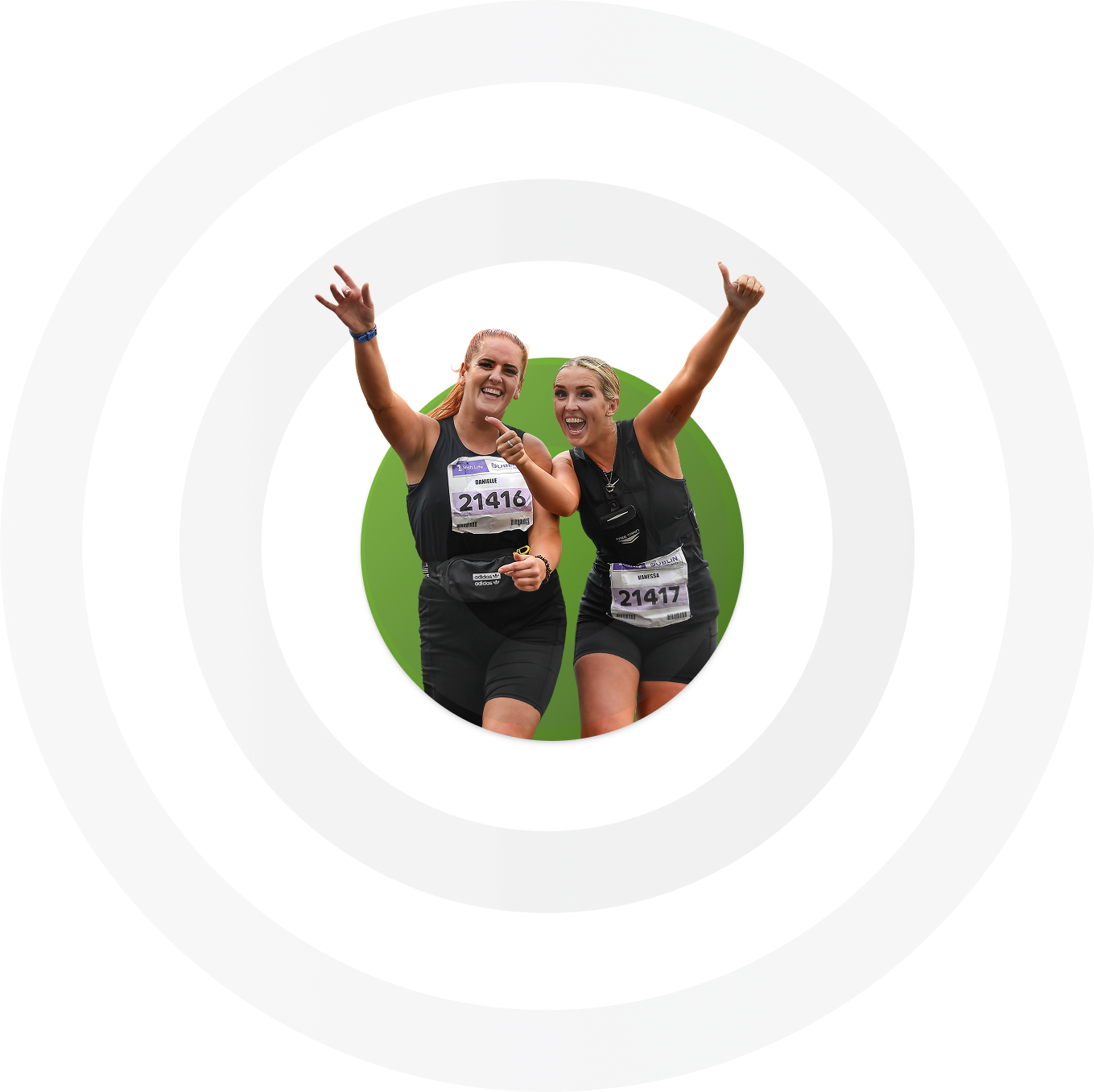From mental preparation to the seemingly magical properties of the color red, we show you five things every runner should know that could give you a competitive advantage.
1. Running is a mental game
Being a good runner is about more than just physical capabilities. If you don’t manage to keep the mental part of your run strong then you can likely wave goodbye to a decent. To stay focused you should put all negative thoughts aside and focus on the progress you have made ever since you began running.
For some runners, a tactic that has proven useful is to block out the process of running from their mind altogether.
For some runners, a tactic that has proven useful is to block out the process of running from their mind altogether. Instead they find something to distract them while running, such as thinking of a story or daydreaming. While this distraction works for some, other runners may benefit from concentrating on elements of the run itself such as their breathing or the route.
If you don’t feel like either of these mental strategies will work for you, try using mental imagery when running, such as picturing yourself as a top athlete, a speedy animal or even a fast-flowing river. It may seem a little far-fetched, but pretending to be these things during your run may positively affect your run.
2. Red clothes are the way forward!
The clothes you wear when running can make or break your run, but did you realise the colour of running gear could make all the difference? For example, did you know that wearing red could help you win? According to research conducted at the 2004 Olympic Games in Athens, competitors who wore red were more likely to win when competing.
Now it is possible that some of the most successful countries at the Olympic Games just happen to wear red anyway, thus overemphasizing the impact of the colour red, but even if wearing red just makes you believe you’ll be successful, then that has to be a positive.
3. Running relaxed
Running in a relaxed way is vital because stress and nerves can negatively affect your running performance and technique. Just think about any athlete who tightens up in the home straight and how much their performance falls away to the line.
During your run you should keep your hands relaxed because this will help to stop tension transferring to your neck and shoulder area. If you feel as though your hands are tensing up, give them a shake until they relax. Repeat if necessary.
Other techniques for relaxation include repeating a mantra while running or even imagining you are floating along as you run.
Another relaxation tips for running is to keep your head erect and try to rid your facial muscles of any tension. To do this focus on keeping your face muscles lax, especially your eyes and your jaw. This mean no gritting of teeth while you run if you can help it! Other techniques for relaxation include repeating a mantra while running or even imagining you are floating along as you run. These techniques should help with relaxation and hopefully have positive impact on your run.
4. Alcohol is a runner’s enemy
It goes without saying that drinking large amounts of alcohol has health implications, but alcohol also has additional drawbacks for runners. Not only does alcohol dehydrate you, it’s after effects mean that your body will have difficulty being able to break down your energy stores and thus fuel your run. As a result your body’s blood sugar levels will be low and that means that you won’t be able to sweat efficiently or regulate your temperature appropriately. Consequently, when hungover your run will be sluggish and definitely feel like hard work.
Yet despite alcohol’s detrimental effects on both health and performance, research conducted by the University of Miami found that the more people exercise, the more people tend to drink. If you think you’re amongst this group of drinkers (who perhaps exercise in order to get away with what they drink!), try to cut down or, if you can’t, try to alternate drinks so that you have a non-alcoholic one between drinks. Definitely steer clear of too much alcohol before a race or important training run.
5. Running isn’t enough
If you run several times a week, then good on you. Yet no matter how many times you run, you should really be doing other forms of exercise and additional activities too if you want to be a better runner. Doing other forms of exercise in order to improve your abilities in one area is what is known as cross training.
There are many benefits to cross training, from injury prevention to improving your running speed. In order to cross train you could try doing some weight sessions, some flexibility and core strength sessions or just try out some new activities like swimming, boxing or cycling.
Fitting a few sessions of cross training in will ensure you are a better well-rounded athlete.
This does not mean that you should replace the bulk of your runs with cross training, but by fitting a few sessions of cross training in will ensure you are a better well-rounded athlete. Cross training sessions often also allow the body a chance to recover from the running you have been doing as they will usually utilise different muscles to those that you use when running.
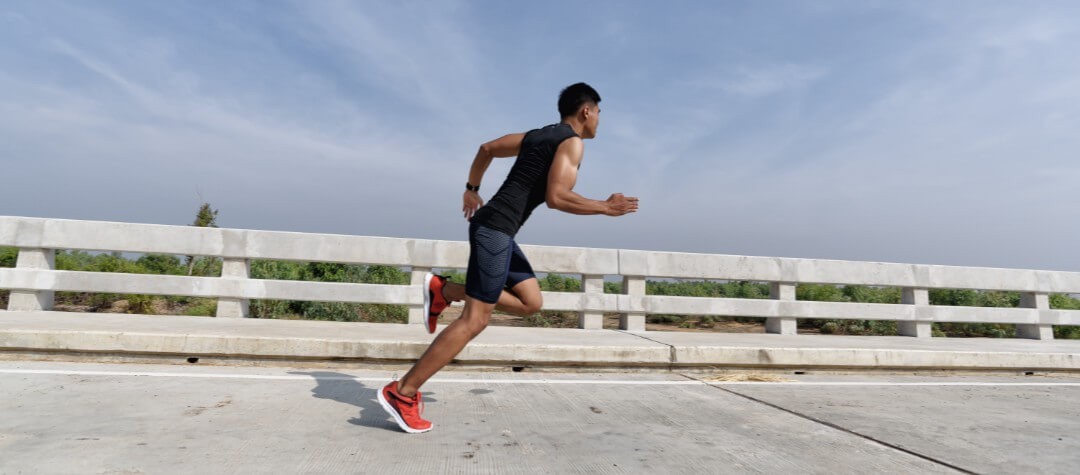
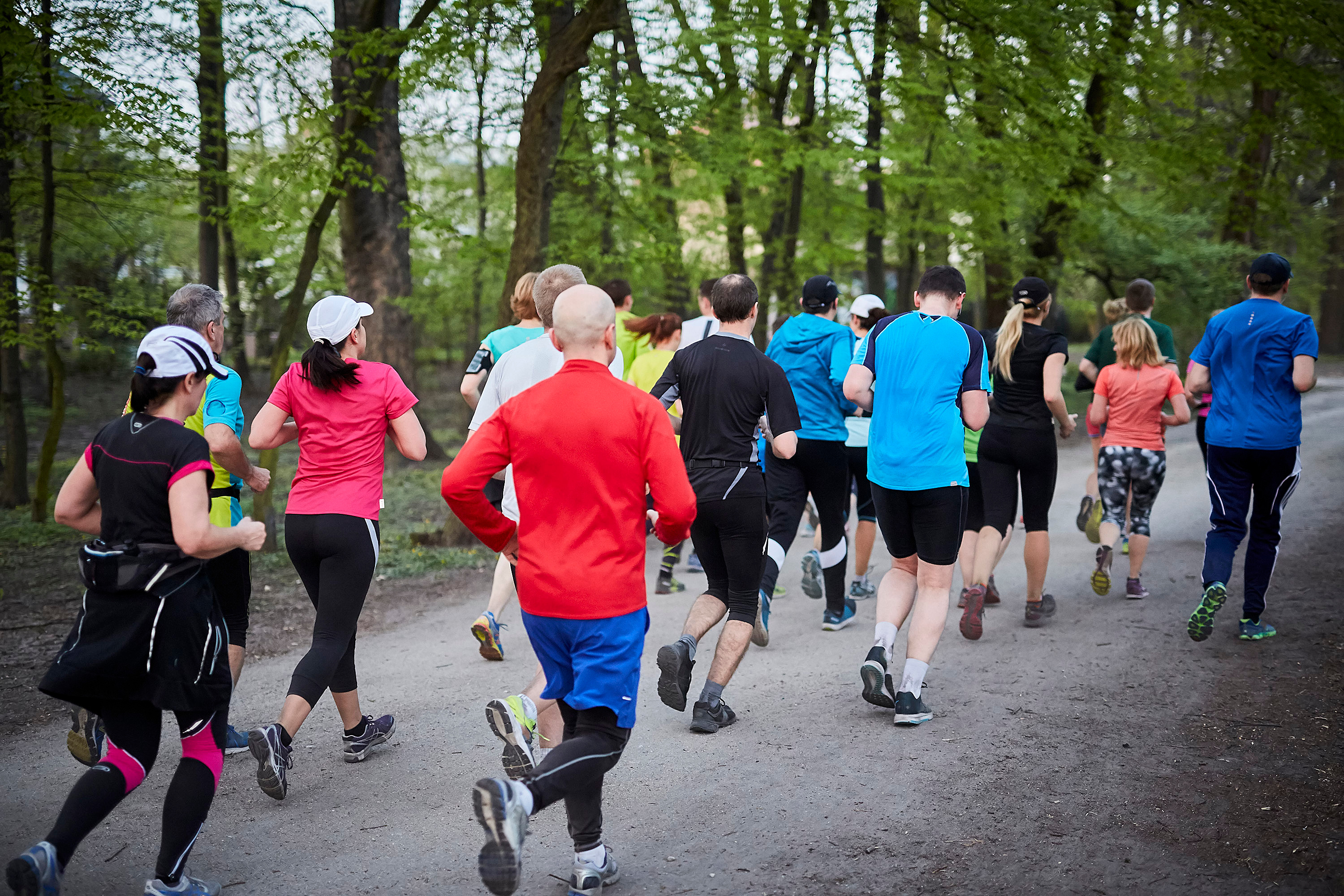

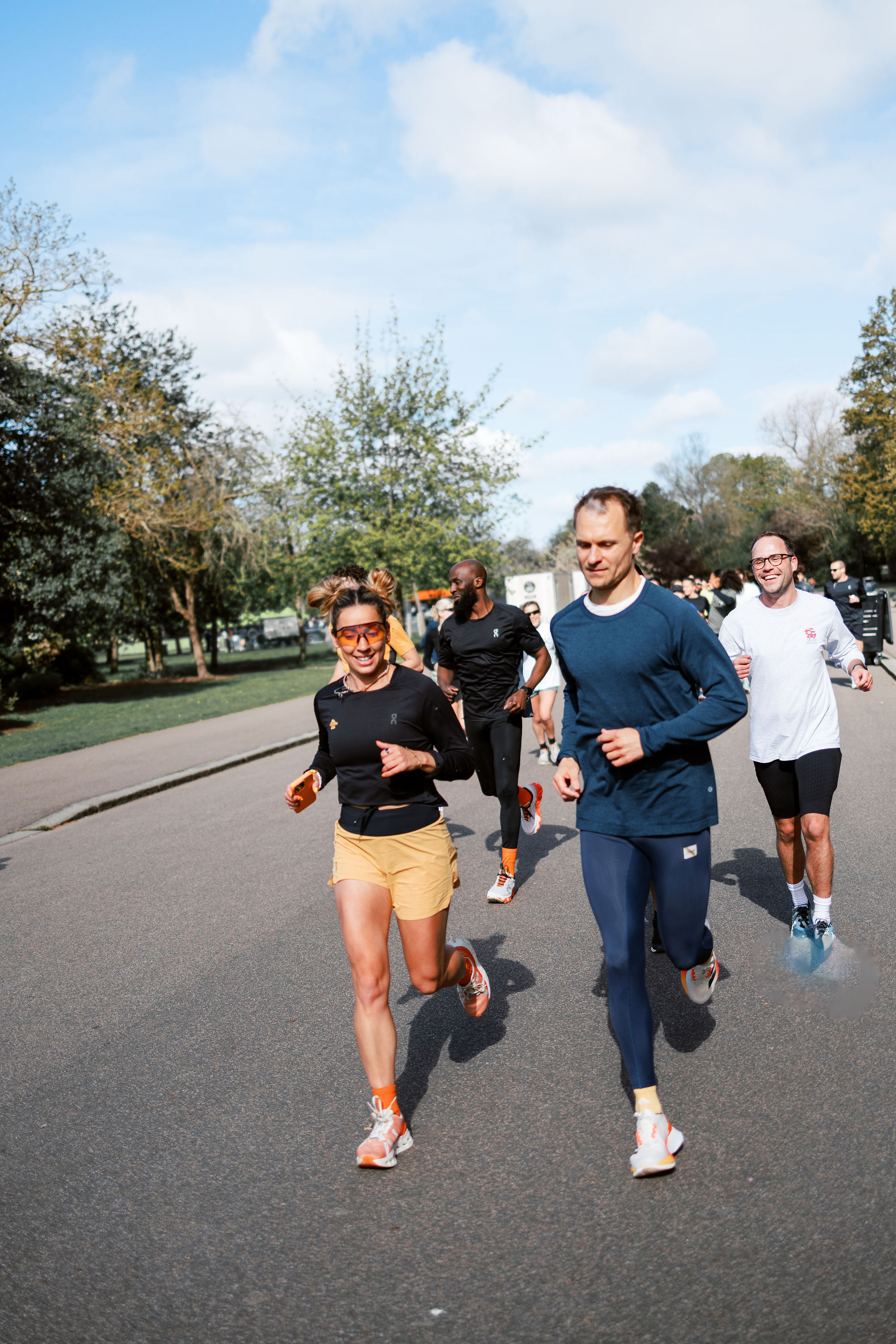

.png)
